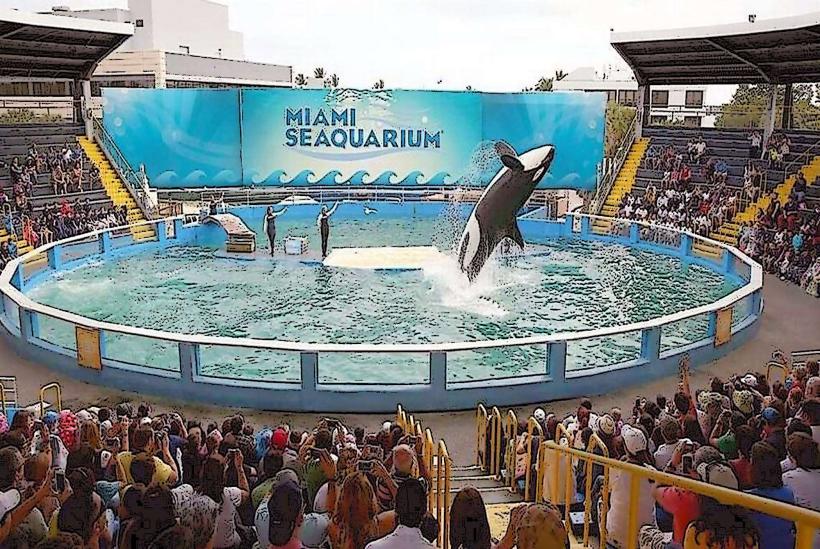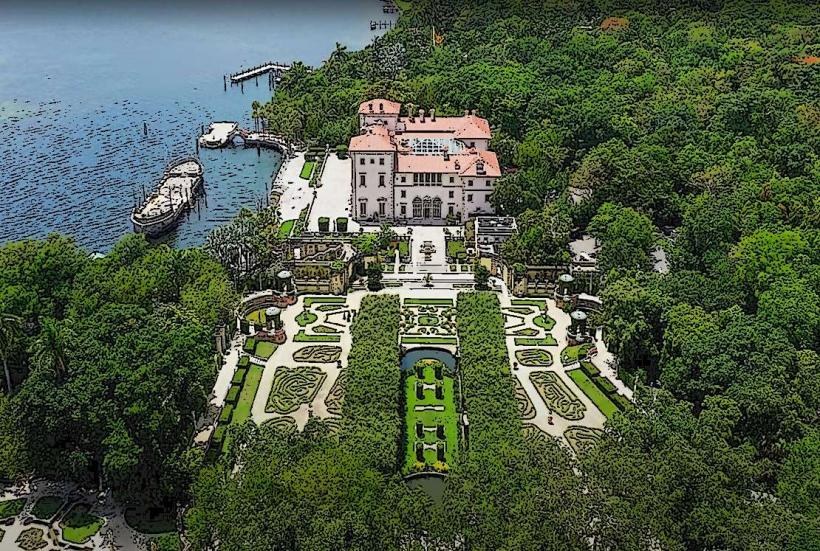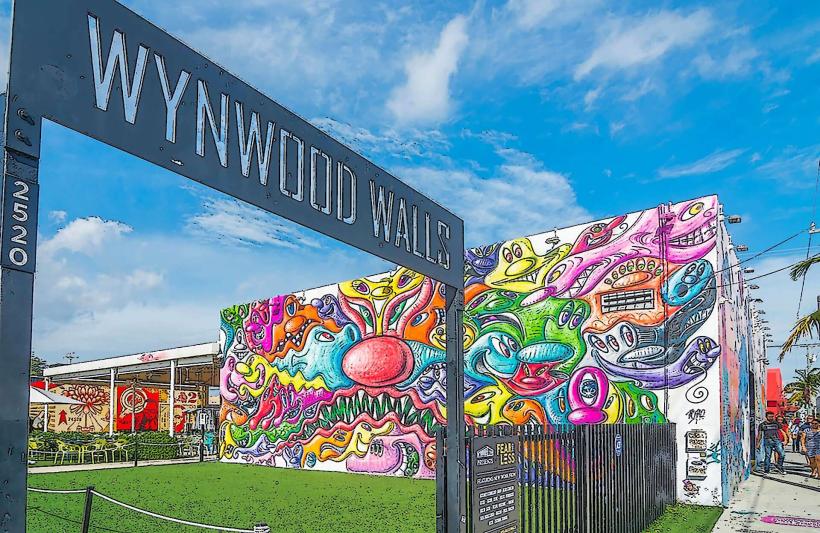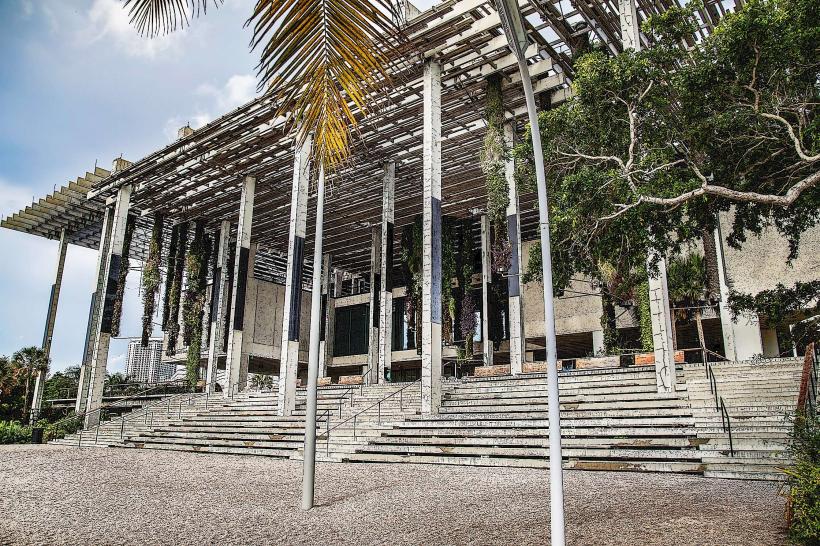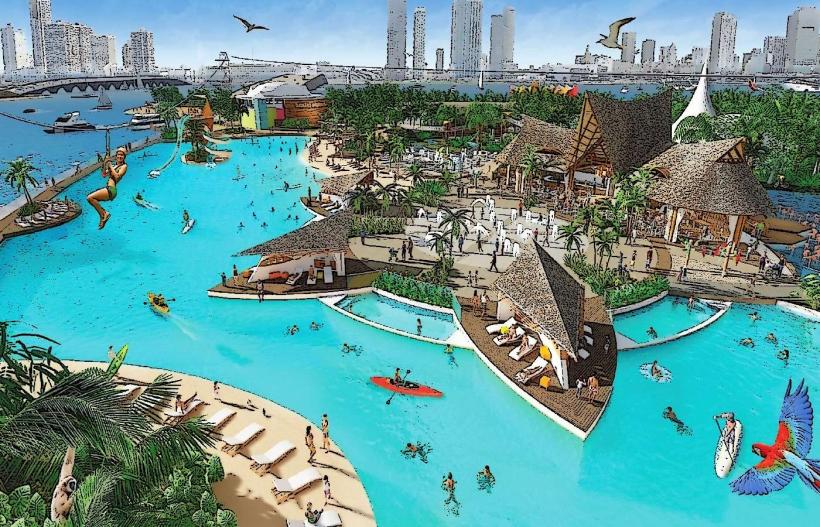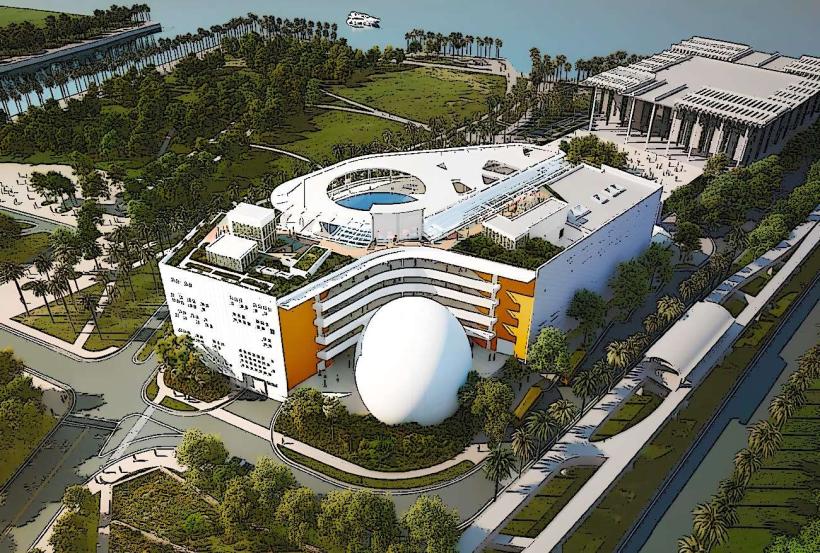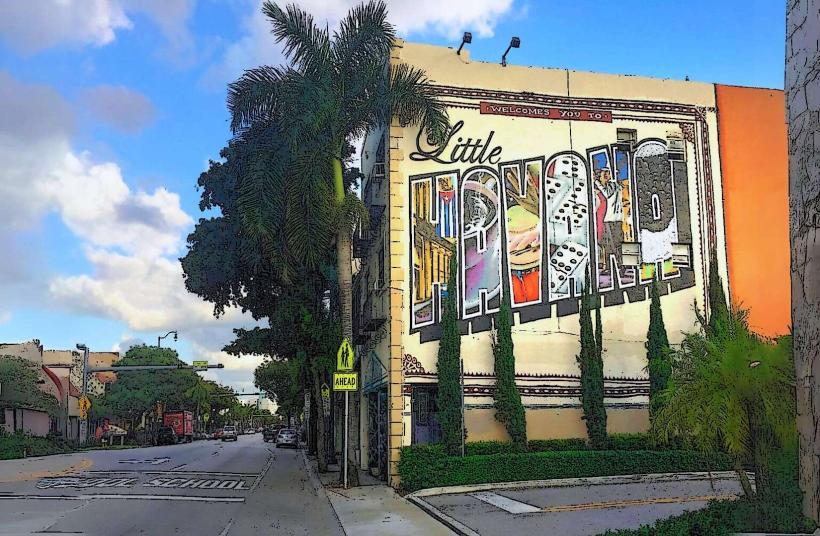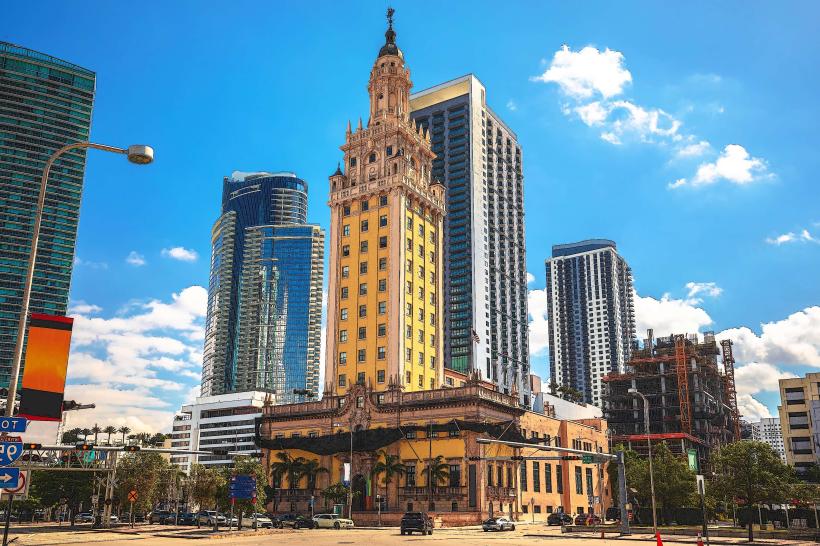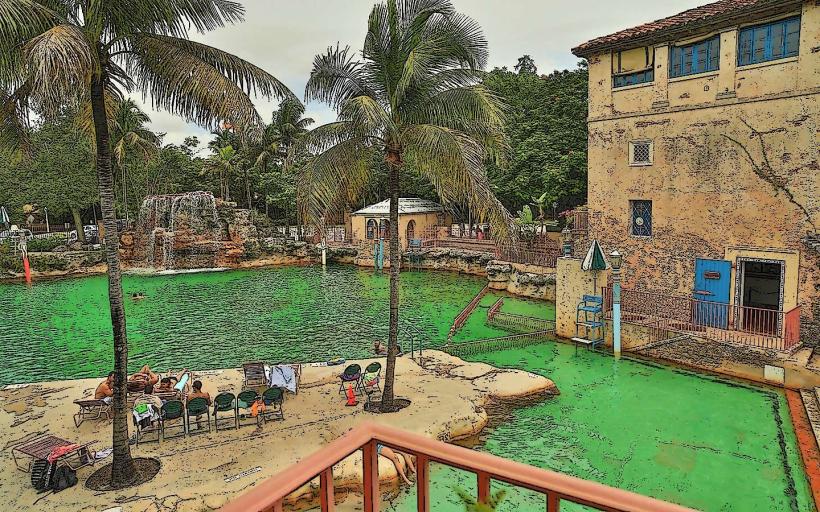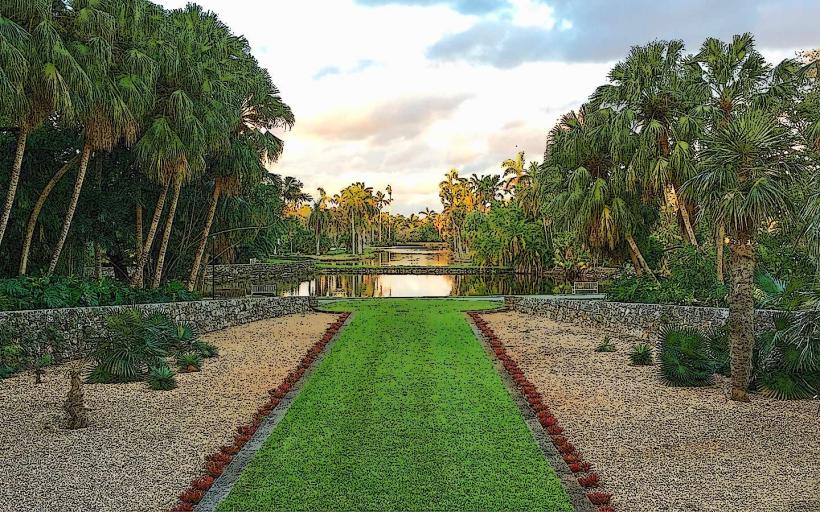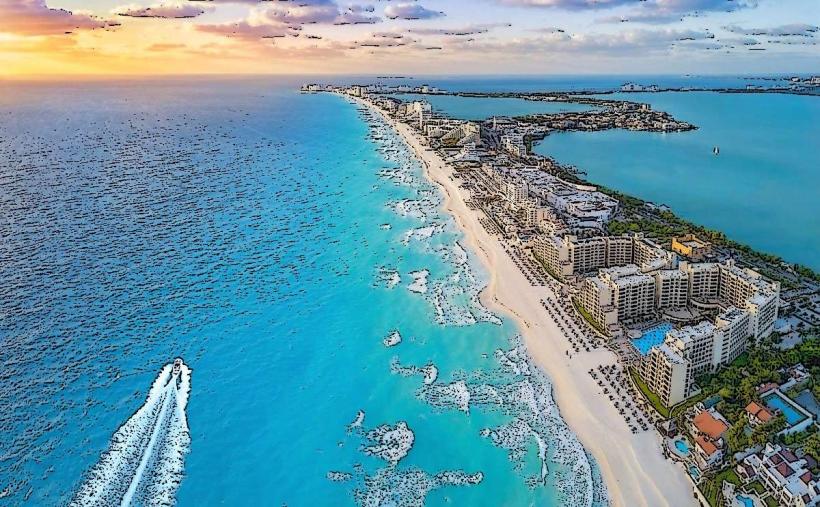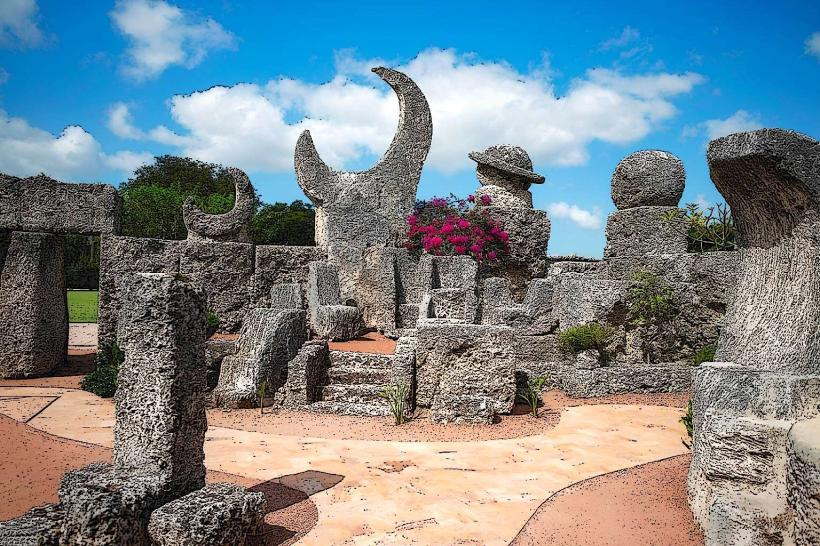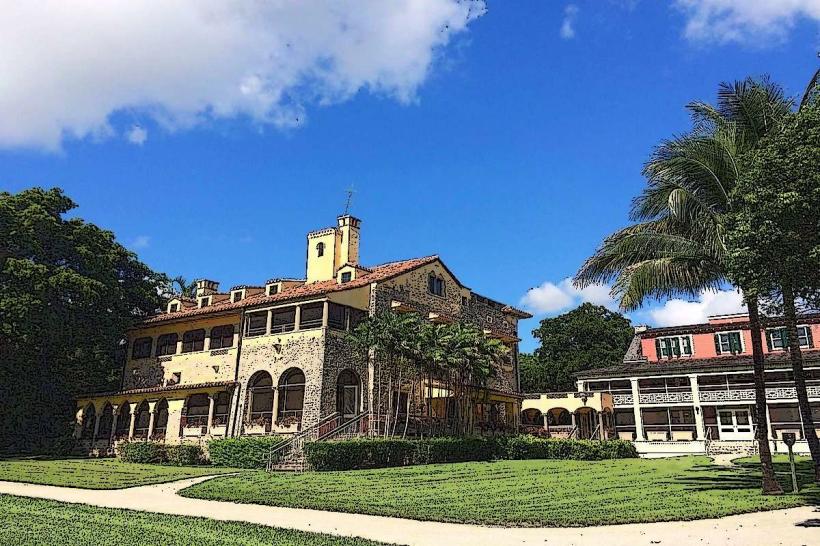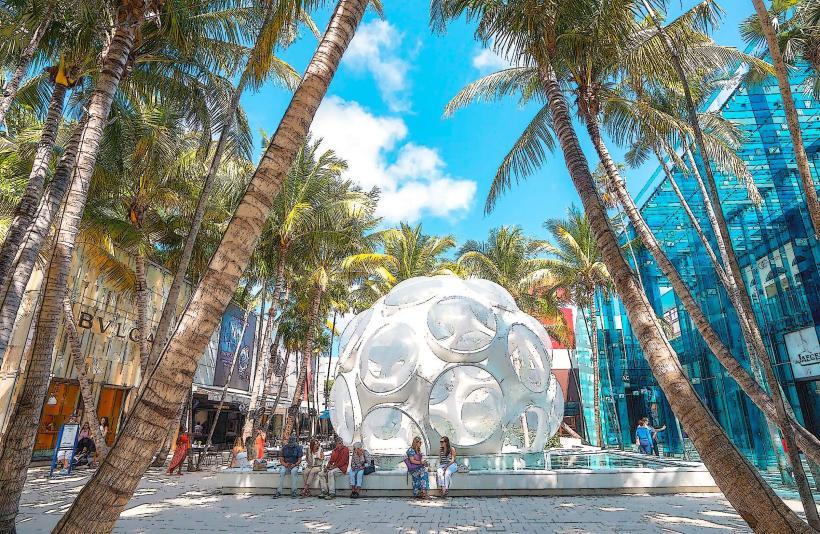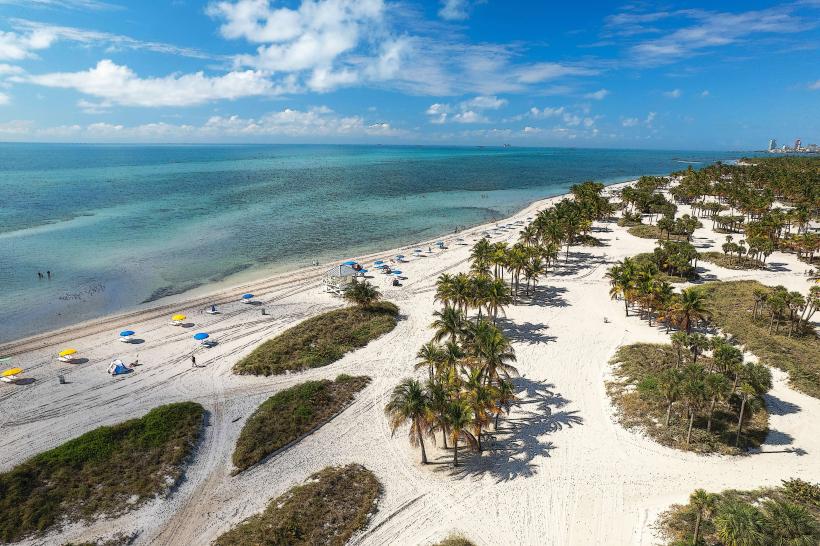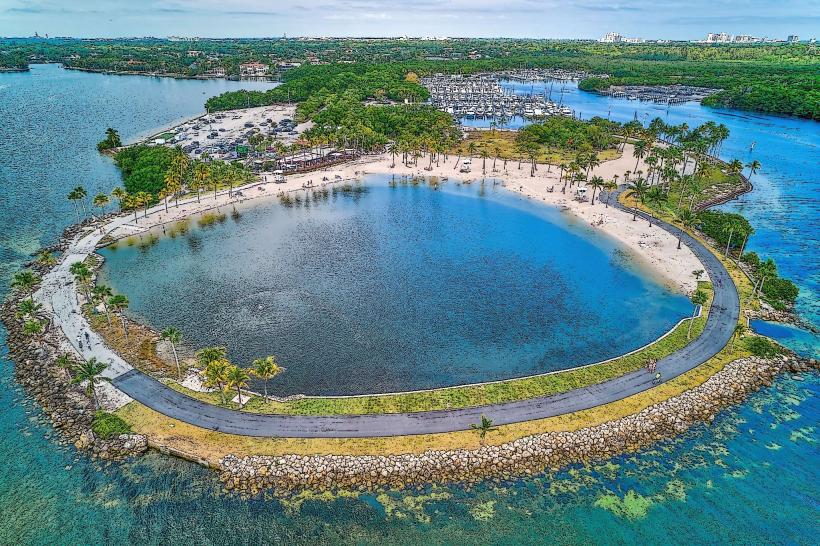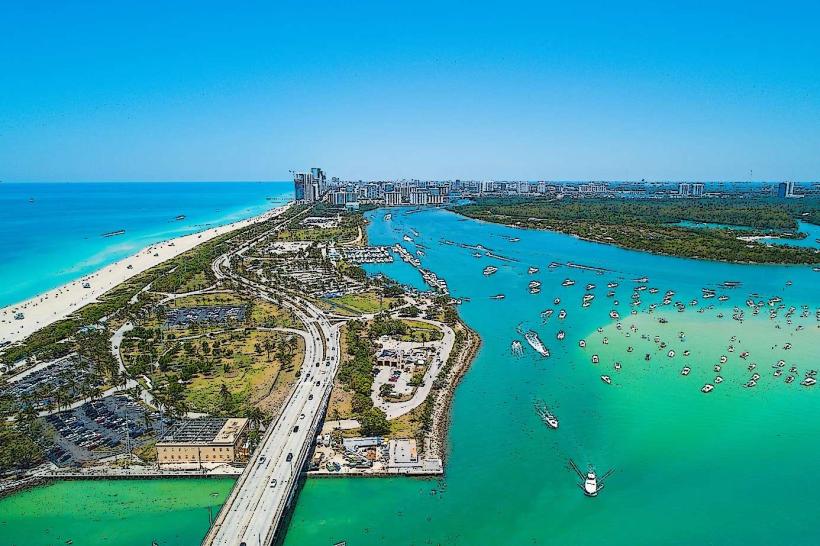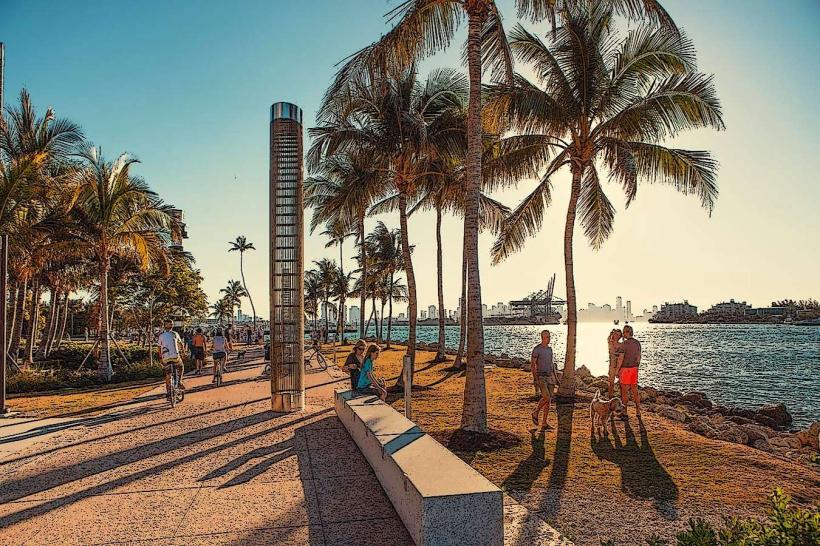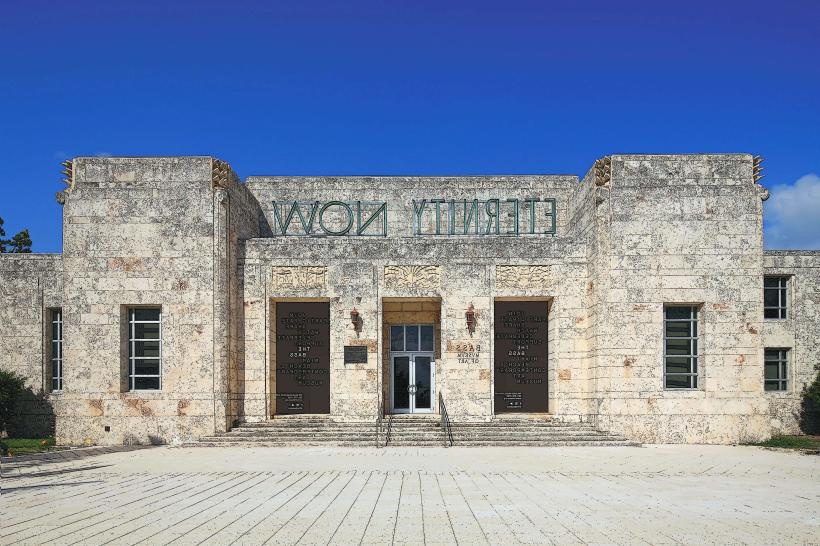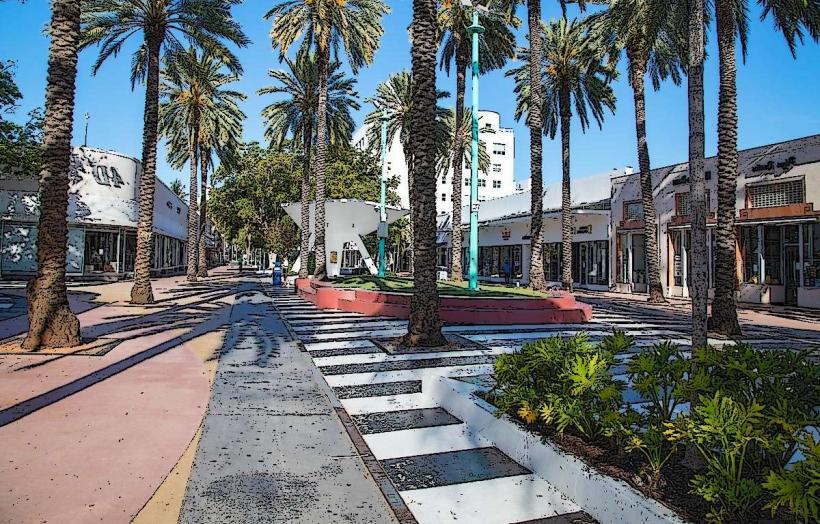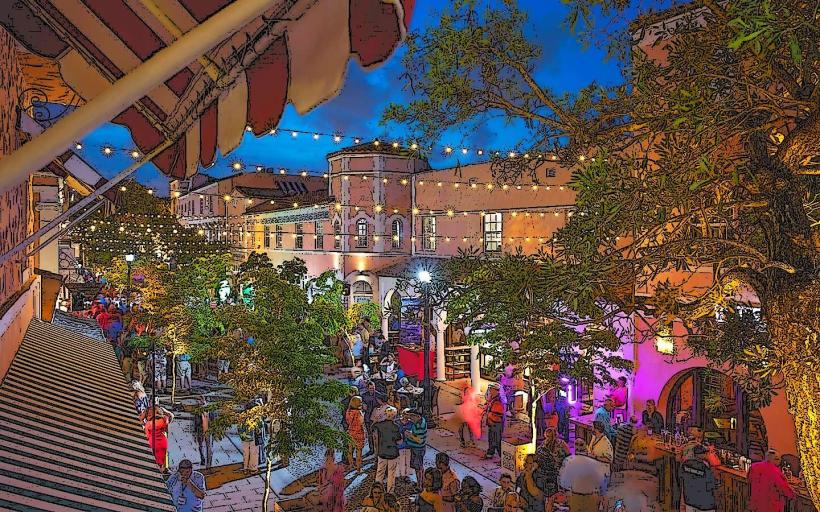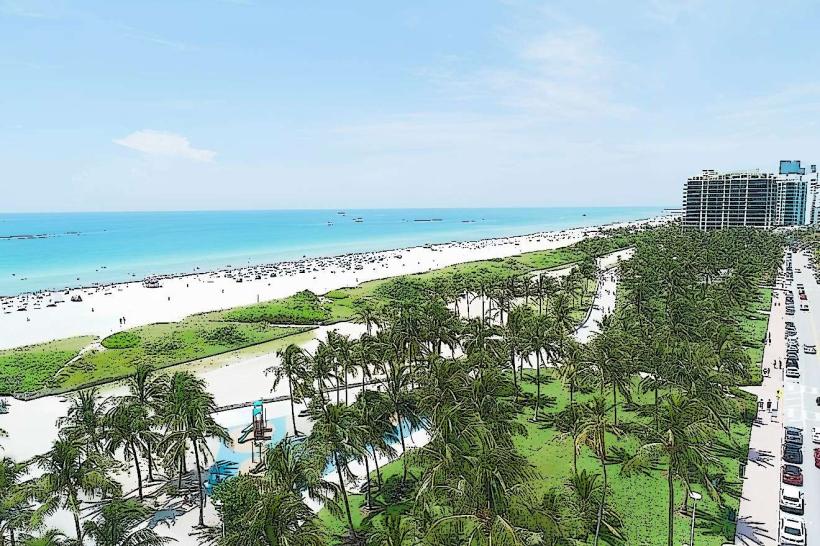Information
City: MiamiCountry: USA Florida
Continent: North America
Miami, USA Florida, North America
Miami is a major global city in Southeast Florida, serving as a primary hub for international trade, finance, and culture between the United States and Latin America. Known as the "Magic City," it is the second-largest city in Florida and the heart of the nation's ninth-largest metropolitan area.
Historical Timeline
The area was originally inhabited by the Tequesta people. In 1567, Pedro Menéndez de Avilés claimed the area for Spain. Julia Tuttle, known as the "Mother of Miami," convinced railroad tycoon Henry Flagler to extend his Florida East Coast Railway to the area in 1896, leading to the city's incorporation. The 1920s saw a massive land boom, followed by the "Mariel Boatlift" in 1980 and subsequent waves of immigration that solidified its status as a multicultural metropolis.
Demographics & Population
The estimated 2026 population is 487,014 (Metropolitan area approx. 6.2 million).
Composition: Approximately 72% Hispanic/Latino, 13% Black or African American, and 12% White (non-Hispanic).
Language: Over 77% of residents speak a language other than English at home, primarily Spanish.
Foreign-Born: Nearly 60% of the population is foreign-born.
Urban Layout & Key Districts
Brickell: The "Wall Street of the South," characterized by a dense cluster of financial institutions and luxury high-rise condominiums.
Wynwood: An arts and technology district world-renowned for its street art, galleries, and "Wynwood Walls."
Little Havana: The social and cultural heart of Miami's Cuban community, centered on Calle Ocho (SW 8th St).
Coconut Grove: Miami's oldest neighborhood; a lush, bohemian bayside village known for sailing and historic estates.
Design District: An upscale neighborhood dedicated to fashion, design, architecture, and dining.
Top City Landmarks
Vizcaya Museum & Gardens: A 1916 Italian Renaissance-style villa featuring 10 acres of formal gardens on Biscayne Bay.
Freedom Tower: The "Ellis Island of the South," which served as the processing center for Cuban refugees in the 1960s.
Pérez Art Museum Miami (PAMM): A flagship contemporary art museum overlooking Biscayne Bay.
Art Deco Historic District: Located in nearby Miami Beach; features the world's largest collection of 1920s and 30s Art Deco architecture.
Calle Ocho Walk of Fame: Honoring prominent Latin American figures in the heart of Little Havana.
Transportation Network
Miami International Airport (MIA) is a top-tier global gateway, particularly for Latin American and Caribbean travel. The city is the southern terminus of I-95. Public transit includes the Metrorail (elevated heavy rail), Metromover (free automated people mover in Downtown/Brickell), and Brightline (high-speed private rail connecting to Fort Lauderdale, West Palm Beach, and Orlando).
Safety & Environmental Alerts (Jan 23, 2026)
Miami's safety profile is typical for a major metro; tourist areas are heavily policed, but caution is advised in neighborhoods like Liberty City and parts of Little Haiti.
Active Marine Alert: A High Rip Current Risk remains in effect through Sunday along all Miami-Dade beaches.
Weather Warning: A strong cold front is currently moving through South Florida. Temperatures are forecast to drop to 14°C (57°F) tonight, which is significantly below seasonal norms. Small Craft Advisories are active for Biscayne Bay due to winds up to 25 knots.
Health Advisory: Low-to-medium concentrations of Red Tide have been observed in offshore waters to the south.
Digital & Financial Infrastructure
Miami is a leading global center for FinTech and blockchain. It hosts the annual FII PRIORITY Miami Summit (March 2026) focusing on "Capital in Motion." Fiber-optic infrastructure is top-tier, supporting its massive international banking sector. The US Dollar (USD) is the currency. Sales tax is 7.0%.
Climate & Air Quality
Miami has a Tropical Monsoon climate (Am).
Temperatures: Hot and humid summers (32°C+); warm, dry winters.
Risks: The city is one of the most vulnerable in the world to sea-level rise and hurricanes. "Sunny day flooding" occurs during king tides.
Air Quality: Generally good due to consistent Atlantic breezes, though humidity levels are frequently above 70%.
Local Cost Index
1 Espresso (Cafecito): $2.50 – $4.00
1 Standard Lunch: $18.00 – $30.00
Median 1-Bedroom Rent: ~$2,720
Cost of Living: 21% higher than the U.S. national average.
Facts & Legends
Miami is the only major U.S. city founded by a woman (Julia Tuttle). A verified fact: It is the "Cruise Capital of the World," with PortMiami handling more cruise passengers than any other port globally. A local legend involves the "Miami Great Serpent," a cryptid rumored to inhabit the Everglades and the deep canal systems of the city.

